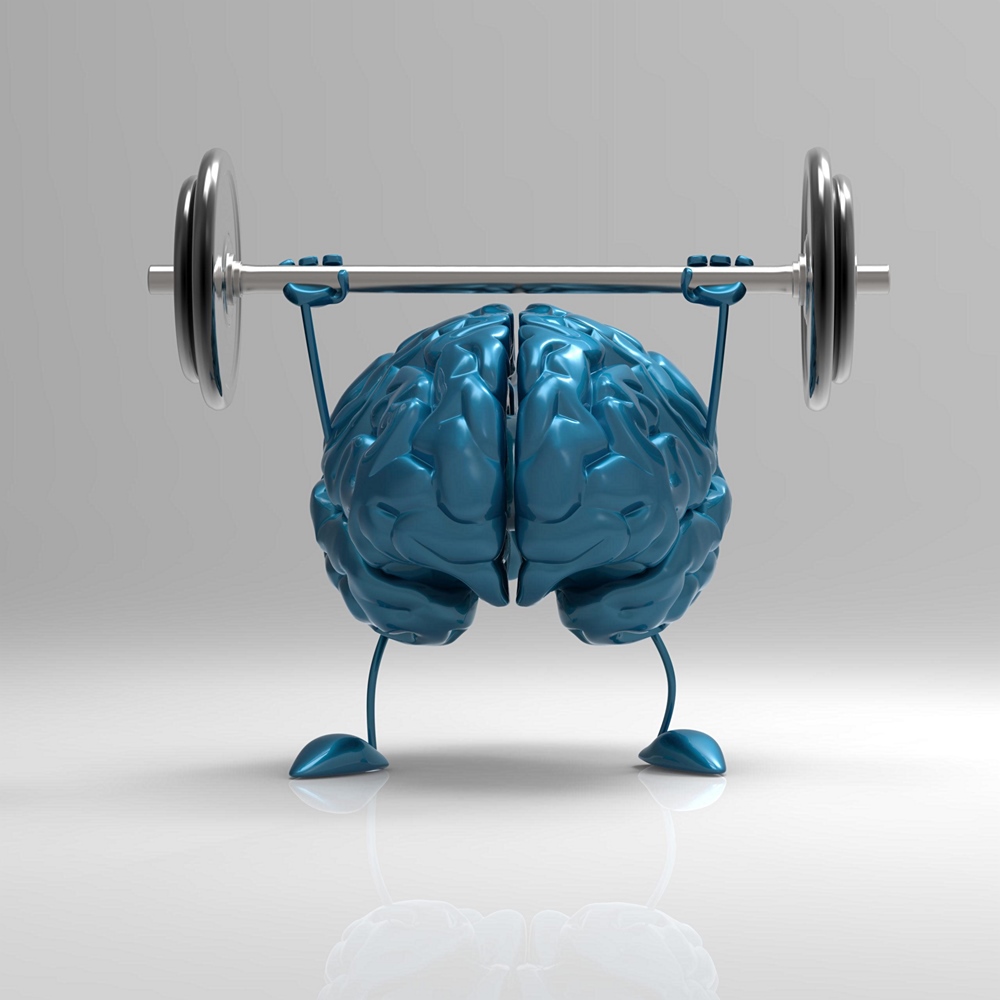Last Updated on: 18th December 2024, 12:32 pm
Mental blocks can hinder fitness progress. These barriers, often caused by fear, self-doubt, and past experiences, can lead to stalled progress and reduced motivation. Overcoming these blocks is crucial for unlocking potential and achieving fitness goals. This involves developing a resilient mindset that embraces challenges and learns from setbacks, leading to improved physical and mental health.
Identifying Your Mental Blocks

Common Types of Mental Blocks in Fitness
- Fear of failure: Paralyzes action.
- Lack of motivation: Dims the drive to progress.
- Perfectionism: Prevents starting or continuing due to fear of imperfection.
Self-Assessment Techniques to Recognize Personal Mental Barriers
Identify mental blocks through introspection. Journaling thoughts and feelings about fitness can reveal negative patterns. Self-reflection helps recognize specific barriers. Ask questions like, “What holds me back?” or “What am I afraid of?” to identify mental hurdles.
The Role of Mindfulness in Identifying Mental Blocks
Mindfulness helps identify and overcome mental blocks by fostering present-moment awareness. This awareness allows observation of thoughts and feelings without judgment, making it easier to recognize barriers. Mindfulness helps view negative thoughts as temporary, aiding in overcoming mental blocks.
Overcoming Mental Blocks in Fitness

The Psychology Behind Mental Blocks
Mental blocks affect both mind and body, impacting workout performance. Understanding the mind-body connection is key to overcoming these barriers. Mental blocks can cause physical symptoms like muscle tightness and reduced stamina. Breaking negative habits and forming positive ones is essential for overcoming mental blocks.
Strategies for Overcoming Mental Blocks

Setting Realistic Goals and Expectations
Set achievable fitness goals to reduce pressure and mental blocks. Realistic expectations allow progress at a comfortable pace, celebrating milestones along the way. This fosters a sense of accomplishment and motivation.
The Power of Positive Self-Talk and Affirmations
Positive self-talk and affirmations impact mindset. Cultivate empowering statements to transform obstacles into growth opportunities. Repeating positive affirmations can rewire thought patterns, increasing resilience.
Incorporating Variety in Workouts
Introduce variety in workouts to maintain interest and motivation. Try new fitness classes, change environments, or experiment with different exercises to keep the routine engaging.
Seeking Support from a Community or Fitness Professional
Seek support from a community or fitness professional for encouragement and accountability. Sharing experiences and challenges with others fosters motivation and makes the journey less daunting.
Implementing a Mindfulness and Meditation Routine

The Benefits of Mindfulness and Meditation in Fitness
Mindfulness and meditation enhance focus, reduce anxiety, and improve stress management, impacting physical performance. These practices help break mental barriers, unlocking potential in fitness.
Simple Mindfulness Exercises to Enhance Focus and Reduce Anxiety
Start with deep breathing exercises for a few minutes daily to improve focus and reduce anxiety. Practice gratitude by acknowledging three things you’re grateful for each day to shift focus from obstacles to opportunities.
How to Integrate Meditation into Your Fitness Routine
Integrate meditation by dedicating five minutes before or after workouts to mindfulness. Focus on breath and set intentions. Incorporate yoga or tai chi to blend movement with mindful breathing, supporting fitness goals.
Implementing mindfulness and meditation enhances focus, reduces anxiety, and cultivates resilience, improving physical performance and overall well-being.
Nutrition and Sleep: Vital for Overcoming Mental Blocks

The Impact of Diet on Mental Clarity and Performance
Diet plays a crucial role in mental and physical performance. Nutrients from a balanced diet fuel the brain, enhancing cognitive functions and emotional stability. Foods rich in omega-3 fatty acids, antioxidants, and vitamins improve focus and mood, helping dissolve mental blocks.
The Importance of Sleep in Mental Health and Fitness Recovery
Quality sleep is essential for mental health and physical recovery. Sleep repairs muscle tissue and consolidates memories, including motor skills. Lack of sleep can lead to reduced motivation and slower recovery, contributing to mental blocks.
Tips for Enhancing Sleep and Nutrition
- Improve sleep quality: Establish a consistent bedtime routine, limit screen time before bed, and create a restful environment.
- For dietary habits: Focus on whole foods, stay hydrated, and plan meals to ensure a balance of protein, carbohydrates, and healthy fats.
Consistent changes in diet and sleep can overcome mental blocks, leading to better workouts and well-being.
Maintaining Progress and Avoiding Future Mental Blocks

Keeping a Workout Journal
Track your fitness journey with a workout journal. Document progress, identify setbacks, and adjust strategies. This record serves as a reminder of progress, aiding in overcoming tough times.
Celebrating Milestones and Setting New Goals
Celebrate milestones as signs of dedication and hard work. Acknowledge achievements to boost morale and set new goals, maintaining motivation and success.
Strategies for Staying Motivated
- Self-compassion, flexibility, and resilience: Use setbacks as learning opportunities.
- Supportive community: Surround yourself with a supportive community for encouragement.
- Variety in workouts: Integrate variety to keep routines exciting and prevent boredom.
Overcoming and avoiding future mental blocks involves cultivating a mindset that views challenges as growth opportunities. Keep a workout journal, celebrate achievements, and employ motivation strategies to build mental strength.
Conclusion
Mental blocks in fitness are surmountable. By using strategies like mindfulness, positive self-talk, and community support, we can navigate these obstacles, enhancing physical and mental well-being. This journey empowers us to achieve our fullest potential. Commit to pushing past limits, using setbacks as stepping stones to resilience and success.

